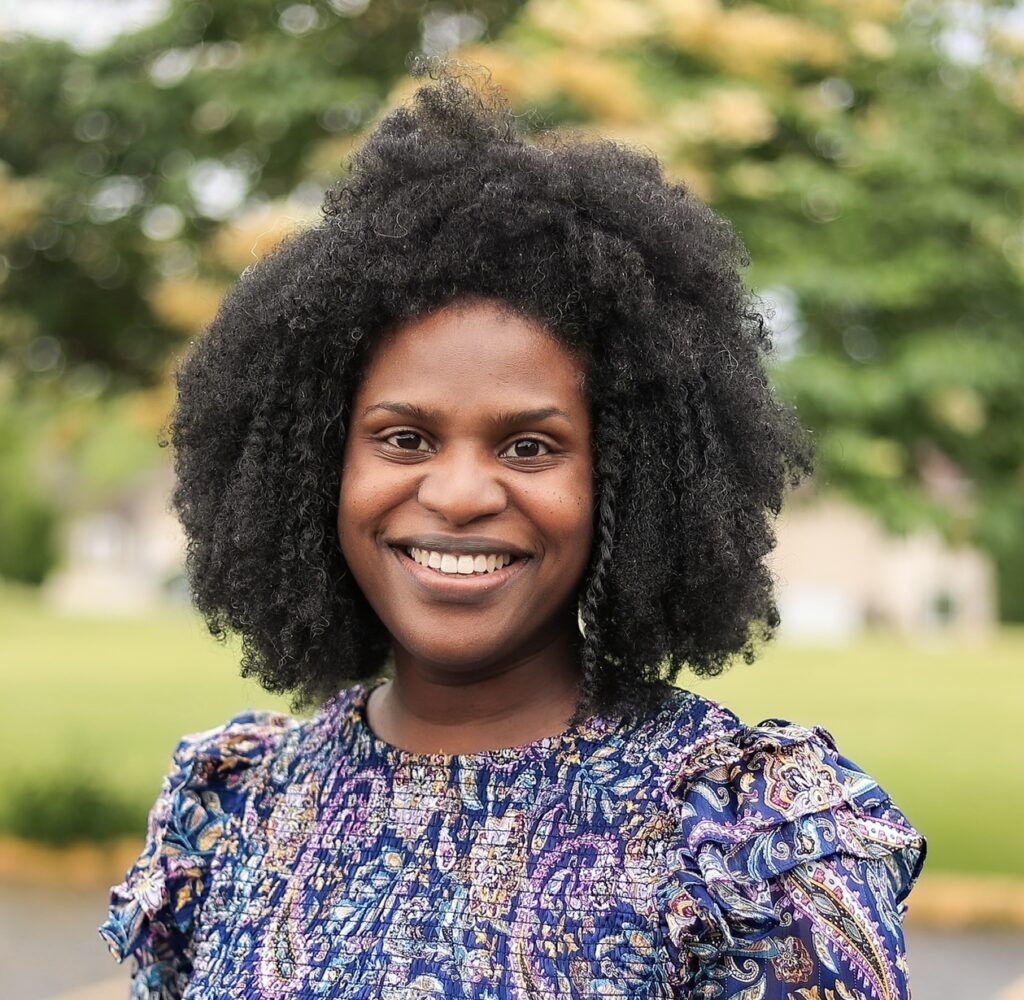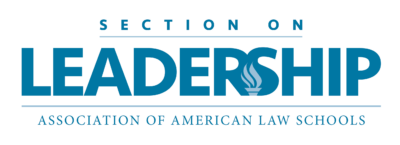
By Tania Luma
Assistant Dean, Diversity, Equity & Inclusion & Clinical Professor
Loyola University Chicago School of Law
Leadership within legal academia is often discussed in terms of how individuals can direct others for a greater purpose. Which is needed. Lawyers often serve as leaders in society. Lawyers take on many types of leadership roles—in law firms, all three branches of state and federal government, academic institutions, and business, philanthropic and not for profit organizations. Typically, leadership is examined through the lens of those in the highest position of authority or role. However, the leadership that resonates for many from marginalized communities is not exemplified in board rooms, c-suites, and executive offices. Marginalized communities witness and benefit from those who advance the humanity of the collective group and disrupt violence against their existence. As we continue to build on our leadership training and practice, let’s take cues from some of the most under-resourced and most effective leaders among us.
We have seen examples of this community and movement leadership over and over, from Dr. Martin Luther King Jr. to John Lewis, Angela Davis, Tarana Burke, and Bryan Stevenson. These stalwart leaders are lauded and studied for their work. They are sought after speakers; we read their articles and books. But, their examination in legal academia may be limited to social and racial justice courses. I argue that community leadership models should be examined as carefully as we look at CEOs, executives, and presidents.
In a world in which so many organizations, communities, and societies face enormous challenges and disruption, the practice of leadership is critical – the practice of mobilizing people to meet challenges and overcome them. The value of examining community leaders is their versatility. These are leaders that have seen the complexity within social systems and developed strategies of action. These action strategies include using authority and power wisely, delegating responsibility across class, education, and geographic boundaries, managing public image and media, generating innovation, building trust, mediating internal conflicts, regulating social disequilibrium, and refashioning narratives. Among all of this, they managed the inevitable personal stresses and dangers of leading change.
The study of community leadership will prepare future lawyers to lead across boundaries and politics. In the culture war context of today, we’re addressing competing values, beliefs, roles, and relationships. Adept leaders need to be flexible and open to navigating polarized perspectives. Without the ability to cross social and political boundaries and build trust, a leader will not be able to galvanize support. And, without support you’re not leading.
Look at the recent slate of U.S. Supreme Court opinions and their impact on marginalized communities. Also, keep an eye on community leaders from those communities. They will be the ones stepping into the fray before anyone else and inspiring confidence from disappointment, reframing the challenges, inspiring with an eye towards victory, seizing the narrative by connecting the present to the past, ceding the work beyond the community and across boundaries, building trust, giving out calls to action and requesting new thoughts and ideas. And, we will follow.
